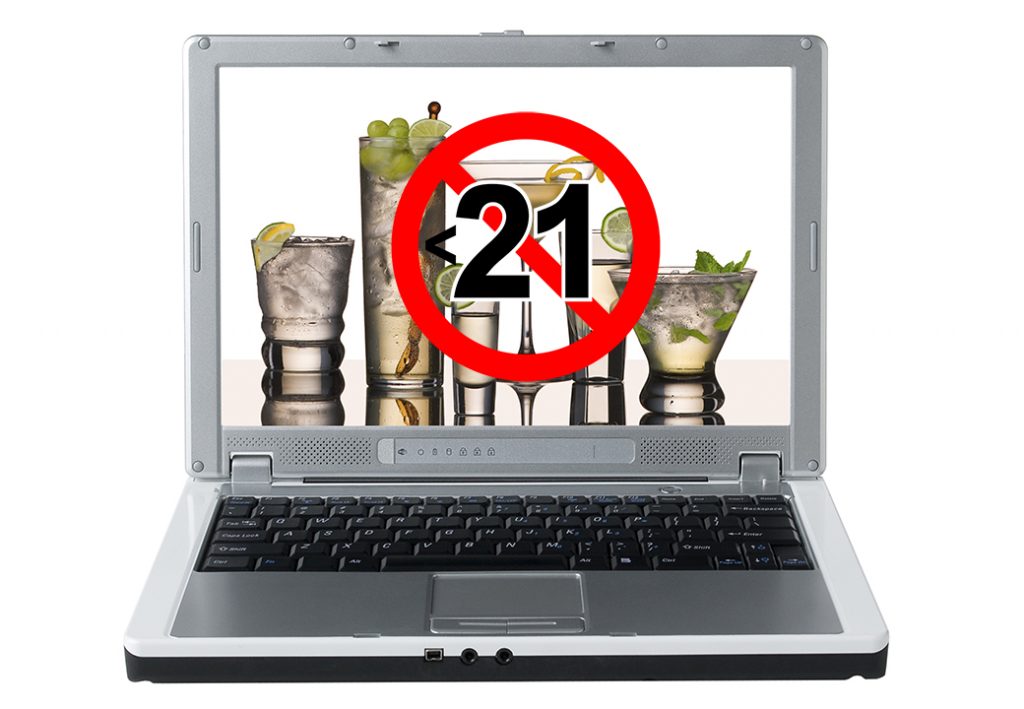‘Age-gates’ often fail to block teens from access to alcohol websites

Alcohol brand websites attempt to prevent underage users through “age-gates”, however, alcohol researcher Adam Barry found that these are often ineffective.
“Alcohol brand age-gates are weak, at best, and likely an inconsequential barrier that someone with limited math abilities can easily overcome,” Barry said.
Barry is a professor in the Department of Health and Kinesiology. He is health behavior social scientist, with specific training and expertise in alcohol use, alcohol-induced impairment and intoxication. He said exposure to alcohol advertising can alter an adolescent’s views, perceptions and expectations on alcohol consumption.
“Exposure to alcohol advertising has been linked to underage alcohol-related behaviors and intentions to consume alcohol,” Barry said.
Age-gates are virtual barriers preventing entry to a website. Alcohol brand websites employ them to ensure the user attempting entry is of legal drinking age. Typically, this is in the form of asking a yes or no question such as ‘Are you 21 years of age or older?’ or requesting the user enter their birthdate.
“As we outlined in our research, for the vast majority of alcohol websites we examined, persons could continuously enter ages until they eventually provided a date of birth indicating they were older than 21,” Barry said. “Also, there is no process to verify the accuracy of the date provided.”
Barry’s research examined alcohol webpages, however, he also found that alcohol advertising on social media platforms is problematic. He said we should want to ensure that young people are not inappropriately marketed to, don’t interact with inappropriate content and don’t fall prey to predators, but this is not the case.
“Unfortunately, the current strategies employed, such as asking for a birthdate, feel more like industry is concerned about their liability, as opposed to the welfare of users,” Barry said.
He hopes to raise awareness about how marketing of alcohol brands is unregulated. The brands themselves control the “safety measures” in place, rather than a larger entity.
“Currently, there is no formal legislation in the United States prohibiting alcohol advertisements that appeal to adolescents, the placement of alcohol advertising or how the age affirmation process and outcomes should be implemented,” Barry said.

